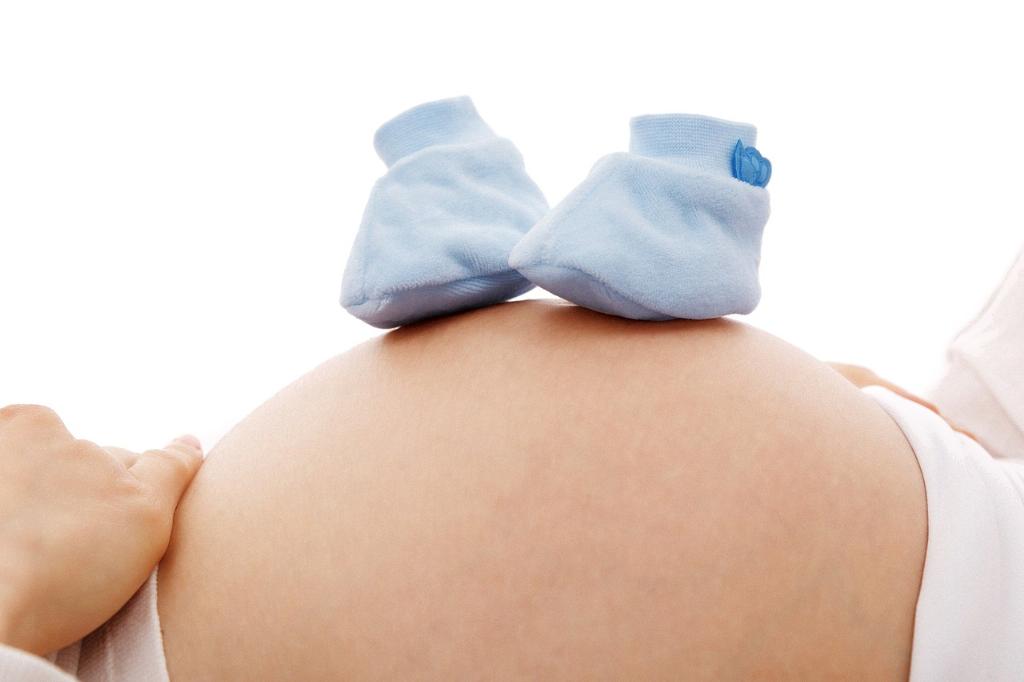When it comes to testing for pregnancy, timing is key. Many women wonder how soon they can detect pregnancy after conception. The answer lies in the hormone hCG, which is produced by the placenta shortly after a fertilized egg attaches to the uterine lining. This hormone is what pregnancy tests detect to determine if you are pregnant or not.
It is possible to test for pregnancy as early as eight days after ovulation. At this point, trace levels of hCG can be detected in the urine, which means you could potentially get a positive result even before your expected period start date. This early detection window gives women the opportunity to learn about their pregnancy sooner rather than later.
For many women, the thought of waiting until they miss their period to take a pregnancy test can be agonizing. The ability to test for pregnancy early on can provide some much-needed peace of mind for those who are eagerly trying to conceive or are concerned about a possible pregnancy.
It’s important to note that the accuracy of pregnancy tests can vary depending on the brand and sensitivity of the test. Some tests are designed to detect hCG at lower levels, allowing for earlier detection of pregnancy. However, even with more sensitive tests, there is still a chance of receiving a false negative result if the levels of hCG in your urine are too low to be detected.
As exciting as the prospect of early pregnancy detection may be, it’s essential to manage your expectations and understand that the results of a home pregnancy test should always be confirmed by a healthcare provider. A blood test performed by a healthcare professional can provide a more accurate and reliable confirmation of pregnancy.
If you choose to take an early pregnancy test, it’s crucial to follow the instructions carefully to ensure the most accurate results. Using first-morning urine, which is more concentrated, can also help increase the chances of detecting hCG if you are indeed pregnant.
Factors such as the length of your menstrual cycle and the timing of ovulation can impact when hCG levels are detectable in your urine. Keeping track of your cycle and ovulation can help you determine the best time to take a pregnancy test for the most accurate results.
It’s important to remember that every woman’s body is unique, and hCG levels can vary from person to person. While some women may be able to test positive for pregnancy as early as eight days after ovulation, others may need to wait longer for hCG levels to rise high enough for detection.
Ultimately, the earliest you can test positive for pregnancy depends on several factors, including the sensitivity of the test, the timing of ovulation, and the individual variations in hCG production. By understanding these factors and being mindful of the limitations of home pregnancy tests, you can make informed decisions about when to test for pregnancy and how to interpret the results.
As always, if you have any concerns about your pregnancy status or the results of a home pregnancy test, don’t hesitate to reach out to your healthcare provider for guidance and support. They can provide you with the necessary information and care to help you navigate this exciting and sometimes overwhelming journey.

